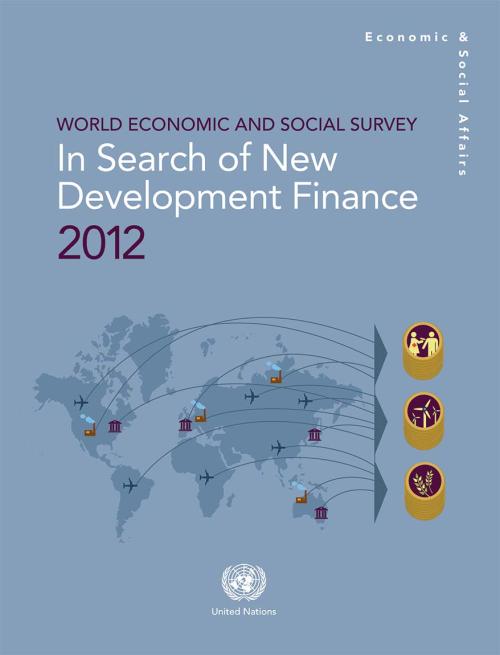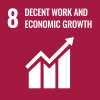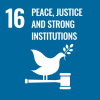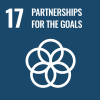The financial needs of developing countries have long outstripped the willingness and ability of donors to provide aid. Addressing this challenge, the survey proposes an international tax, combined with other innovative financing mechanisms, to raise more than $400 billion annually for development and global challenges such as fighting climate change.
Launched on 5 July, the survey reveals that in the midst of difficult financial times, many donor countries have cut back on development assistance. In 2011, for the first time in many years, aid flows declined in real terms.
“We are suggesting various ways to tap resources through international mechanisms, such as coordinated taxes on carbon emissions, air traffic, and financial and currency transactions,” said Rob Vos, lead author of the survey. “Such taxes also make economic sense, as they help stimulate green growth and mitigate financial market instability. In short, such new financing mechanisms will help donor countries overcome their record of broken promises to their own benefit the world at large.”
Experts who carried out the survey see potential to raise over $400 billion per year through the following mechanisms:
- a tax on carbon dioxide emissions in developed countries: a tax of $25 per tonne would raise an estimated $250 billion per year, collected by national authorities, but earmarked for international cooperation;
- a tiny currency transaction tax of one half of a “basis point” (0.005 per cent) on all trading in four major currencies (the dollar, euro, yen and pound sterling), which could yield an estimated $40 billion per year for international cooperation;
- earmarking a portion of the proposed European Union financial transaction tax (which is expected to raise up to €55 billion or $71 billion per year) for international cooperation;
- regular allocations of IMF special drawing rights (SDRs) and use of “idle” SDRs could yield about $100 billion per year for the purchase of long-term assets which would then be used as development finance.
 Welcome to the United Nations
Welcome to the United Nations



